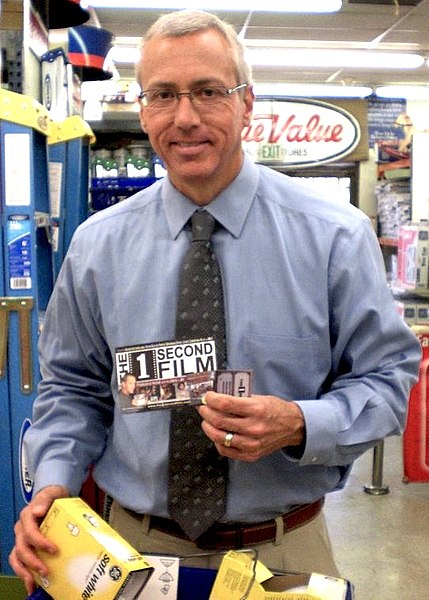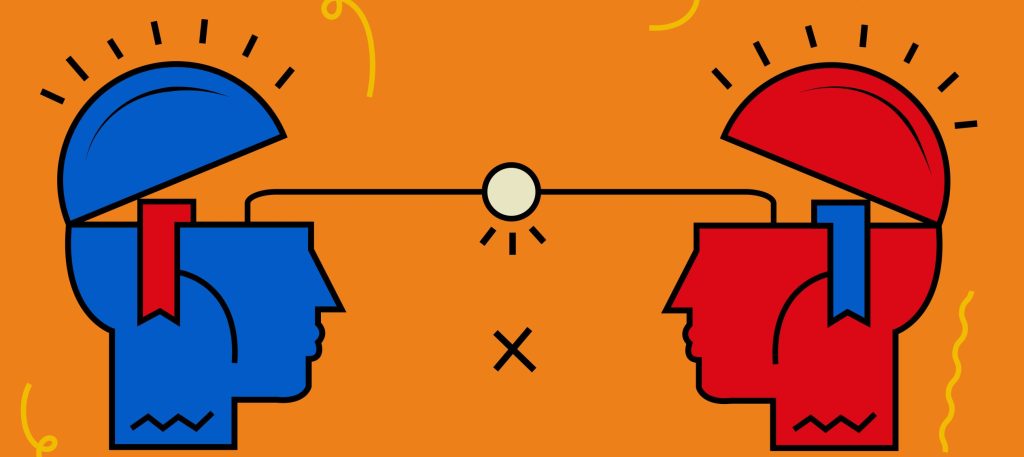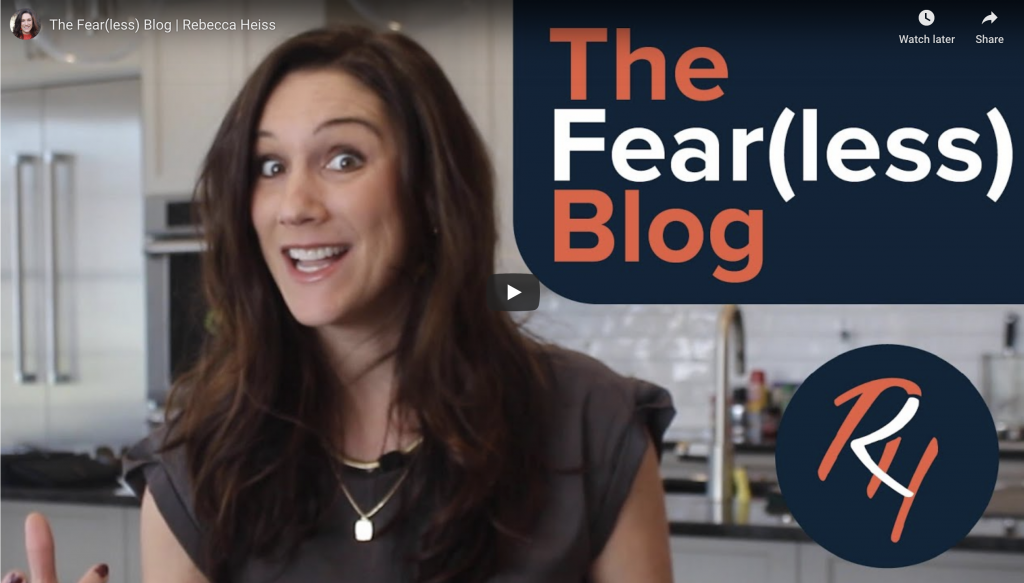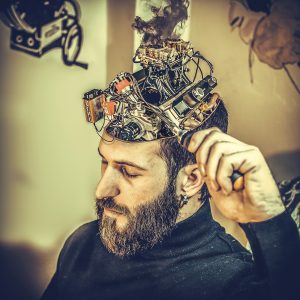“I wish I had gotten it right, but I got it wrong. And I want to apologize for that.”
– Dr. Drew, 4 April 2020
Why is it that words like this are so rarely spoken by our leaders? This simple apologetic statement is arguably the most powerful one a leader can make. It yields trust and gains respect from our employees. We demonstrate how we want mistakes handled, by owning our errors and leading by example. And yet most of us never get beyond our own biological instincts that lead us to deny, deflect and delay.
When coronavirus first came to the awareness of most American’s in early 2020, there were plenty of opinions about just how devastating the effects of this virus were going to be. Celebrity doctors were all weighing in, but one voice began to surge in the popular media amongst those who were of the opinion that Covid-19 was a media scare tactic. Dr. David Drew Pinsky (Dr. Drew) stated in early February that Covid-19 was “way less virulent than the flu,” and since it was “mild and didn’t hurt anybody,” that media headlines should read: “way less serious than influenza!”

In full transparency, my opinion of Dr. Drew at this time wasn’t high from the start. Perhaps that’s because my familiarity with him was still largely based on the MTV call in show Loveline that aired in the ninety’s and offered sex and relationship advice. As far as celebrity doctors go, I personally prefer to take my medical advice from Dr. Fauci. But I do believe we owe Dr. Drew a sincere nod of gratitude for demonstrating one of the most important and overlooked lessons of leadership. On April 4th, 2020, he made a public statement of apology admitting he had made an error.
There’s nothing wrong with being wrong. We all know that as leaders we are likely going to get things wrong now and again. The real test of leadership is how you respond when that error comes to light. If we leave that decision up to our instincts, we will revert to a self-serving bias. In other words, rather than consciously admit the truth and walk through a plan of action to correct course, we will self-deceive to deny (we weren’t really wrong), deflect (we should be focused on this other issue) and delay (we can’t focus on that now). While these deny, deflect and delay tactics might serve our egos, they do not serve our organizations and to that end, our instincts need an update.
Biology drives us to be deceptive because our brains aren’t built for this modern age. They are still operating on programs that worked when there weren’t video cameras, instant replay and soundbites. Apparently, denying, deflecting and delaying worked well for leaders in previous times which is why it’s still such a prominent instinctual strategy for us today. Deceptiveness was likely selected for throughout our evolution the same way height was (which perhaps explains why over 58% of Fortune 500 CEOs stand over six foot, whereas across the general population of the United States only 14.5% of all men are six feet or over.) Those leaders who were able to deceive by convincing others that they were misremembering likely stayed in power and thrived. But while this may have had an advantage for our ancestors, this same instinct backfires tremendously in the modern age of video and playback, where the truth around our lies becomes readily apparent at the click of a button.
Certainly, there are myriads of leaders that have overridden this instinct, and these are the ones we count as the greatest. Our biology only governs us when we fail to critically assess our instinctual behaviors consciously. We can, and all should, aspire to meet the challenge of overriding these instincts by questioning our own truths, and seeking ownership of our errors.
No one expects perfection from a leader. But we do need to hold ourselves and one another accountable to the truth. When we hold ourselves responsible for our own mistakes, we can move forward with the backing and trust of a team. While owning errors may hurt our ego, it endears us to our teams and helps everyone quickly pivot their focus back toward a collective, corrective, solution. Which in the end, moves us (and our egos) forward.









